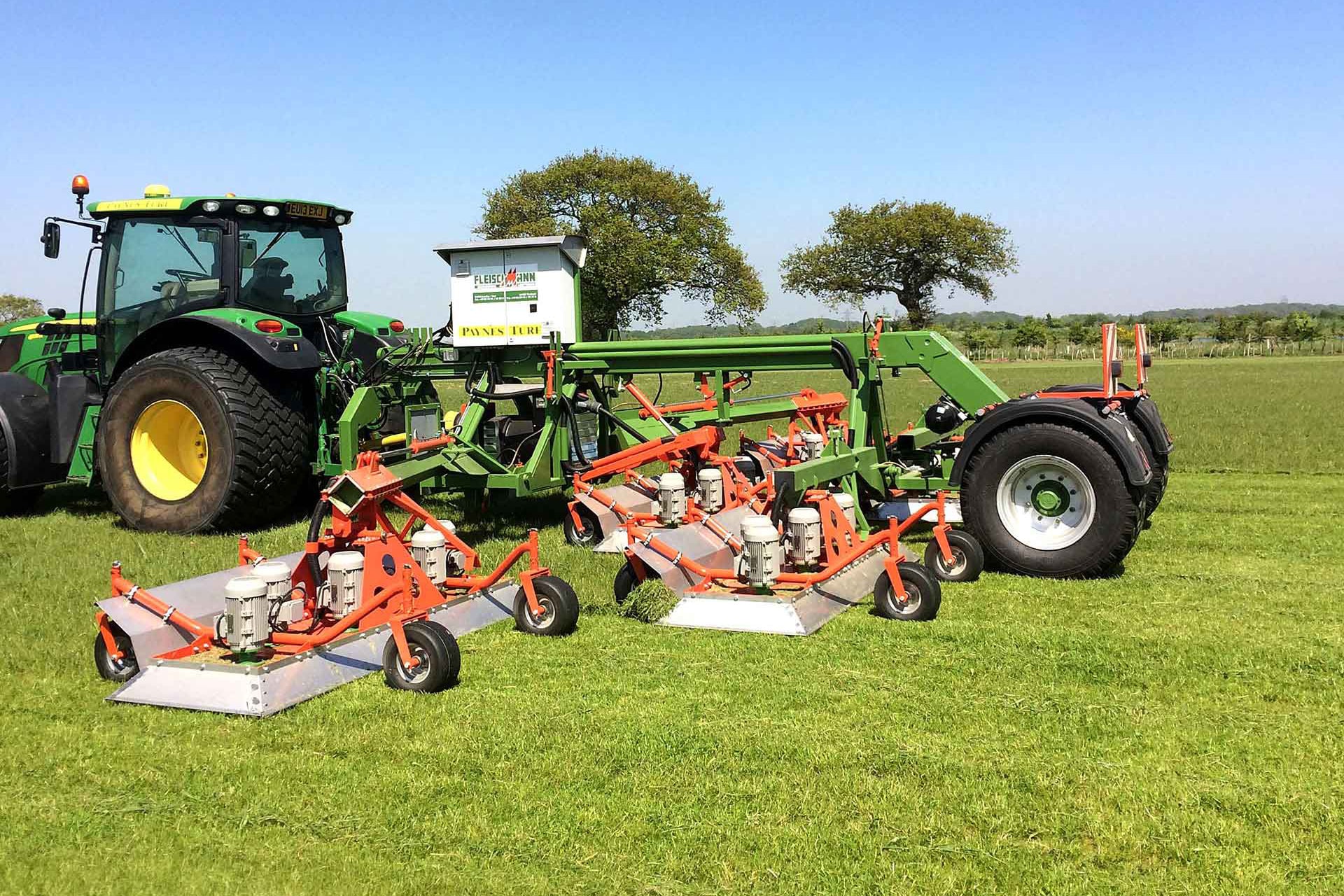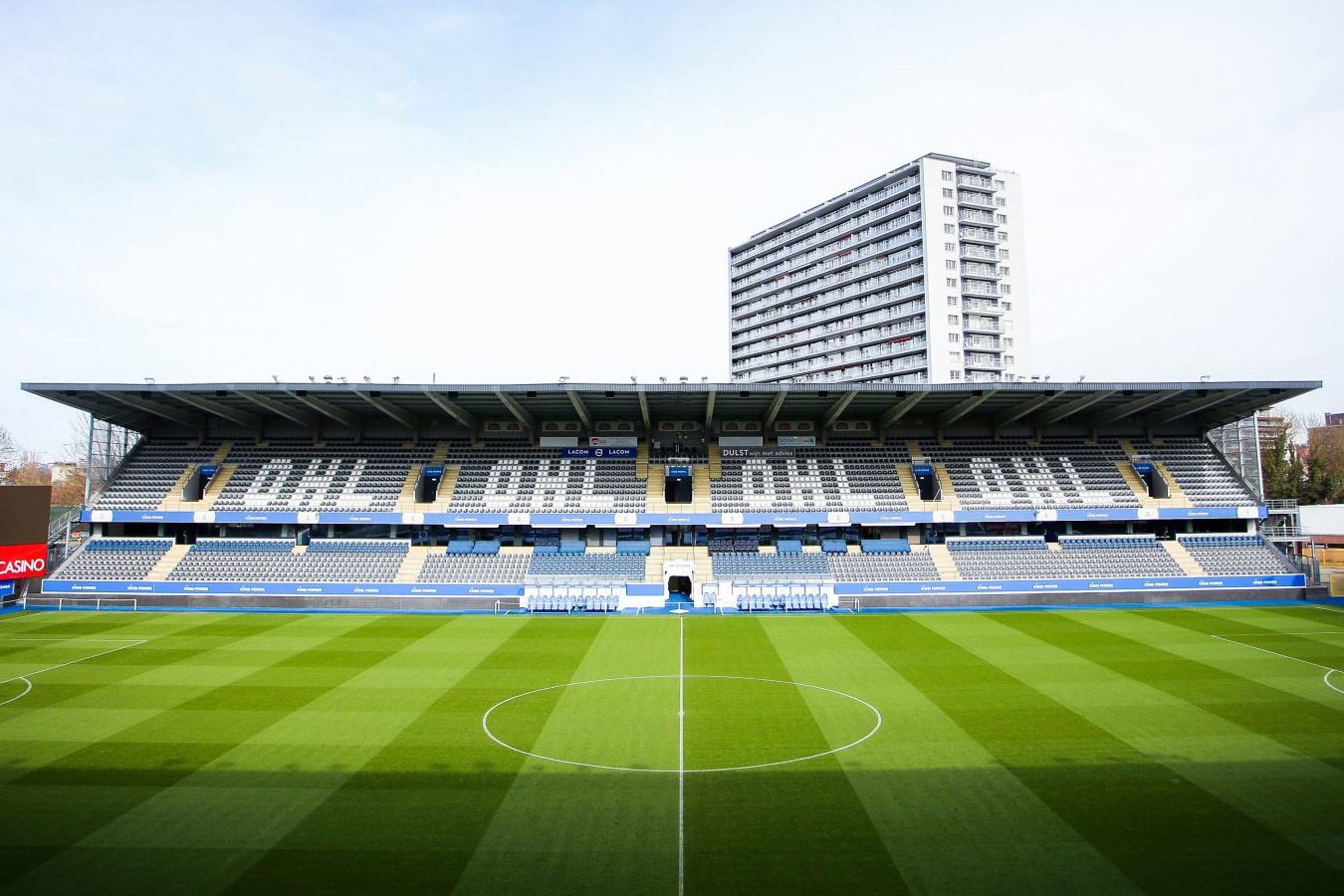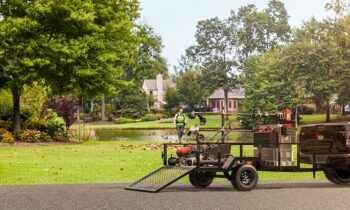
How will Aalst provide more and livable green space? - At least 12,000 new trees
Particularly in urban areas, where opportunities to sit out coronagraphs in one's own garden are generally limited, boards were significantly more challenged on their green policies. In this new column, we let a city or municipality do the talking in each edition. Aalst kicks off the feature.
Katrien Beulens has been active in the City Council of Aalst since 2007, and in the current legislature she serves as alderman for, among other things, Environment and Nature. In this capacity, she helps draw up the city's green policy, for which many studies and large-scale projects are currently underway.

Structural handles
A climate plan, agricultural plan, wind plan, water plan and, most recently, a greening plan...: in Aalst, they don't want to go unreasoned. "To arm ourselves against climate change, but also to combat the fragmentation of services and powers, we can no longer rely on ad hoc interventions," says Beulens. "These plans should provide us with the necessary tools to intervene in the public domain in a structural and thoughtful way.
grab, but also direct private developers. For example, one focus of the greening plan will be that developments along the Dender should embed sufficient green space."
Greenpool
One of the multi-year projects already being actively worked on in the meantime is the so-called Green Pole. "With the expansion of the Green Pole, we not only want to better open up our existing green areas, but we want to eventually create a green zone that covers the entire southwest side of the city, from the city park and the Gerstjens to eventually even the Kravaal forest. To this end, we will gradually green the connections between all these areas. Just recently, the purchase of two plots of land was approved for this purpose, where new forest zones will be created in the short term."
However, not all green areas in the Green Pool fall under the city's jurisdiction. "The Kravaal forest, for example, is private property. In exchange for opening up the trails, we are responsible for the management there. But in addition, there are a lot of lands owned or managed by Natuurpunt. For that reason, we recently concluded a cooperation agreement with that organization and are working out a joint vision for the development of the green space."

Tree charter
In any case, the steps taken within the framework of the Green Pole will also contribute to the realization of another concrete objective of the city council. Through a tree charter, Aalst committed to planting a minimum of 12,000 new trees during the current legislature. "Both plantings in the public domain and requests from our residents count. The number is symbolic. After all, there are 12,000 children under the age of 12 in Aalst. With this we emphasize that the trees are an investment in our and their future."



